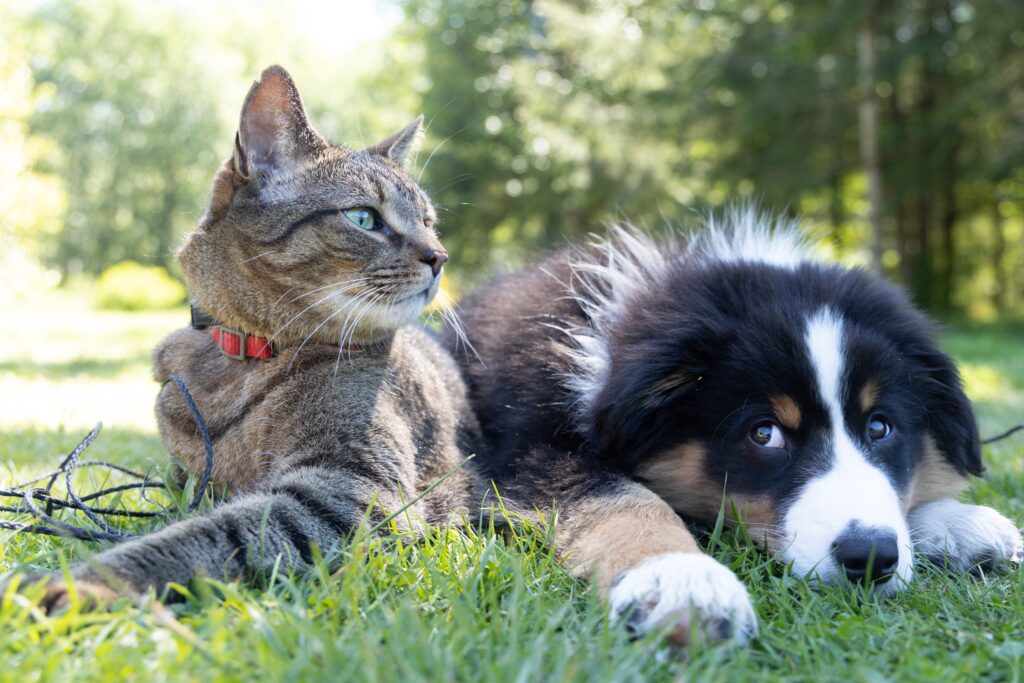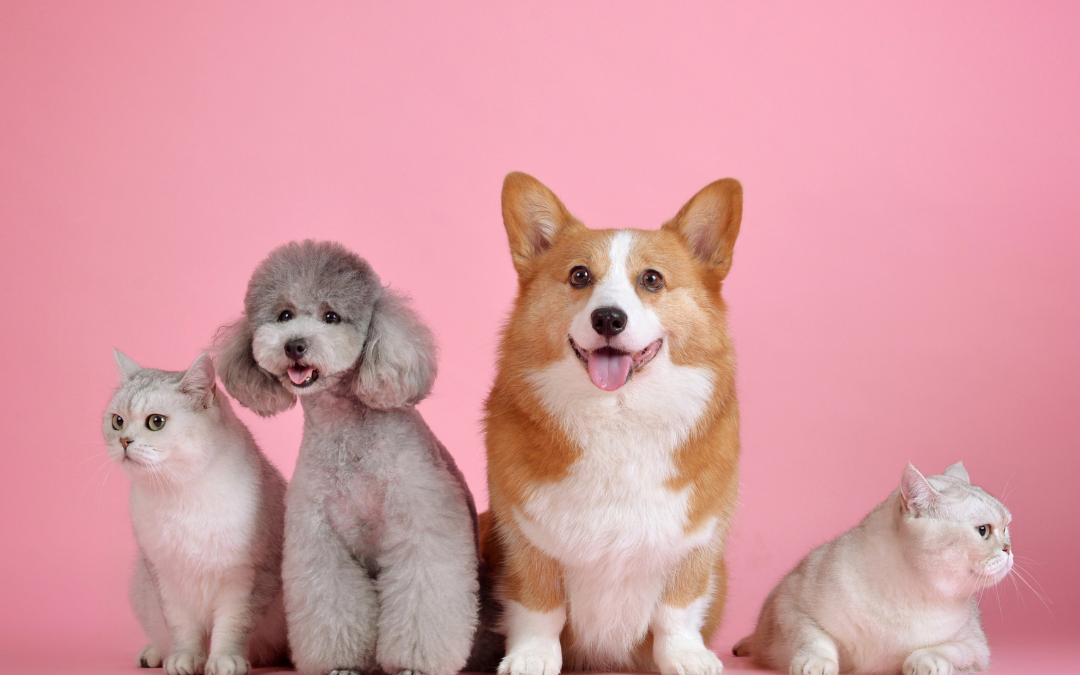Is there a difference between people who own cats and those who own dogs? Well, yes. In addition to anecdotal evidence, it turns out that stats related to pet ownership can tell us interesting differences between these two groups. And more importantly for you, this inkling can help you think about a new hobby that suits you all the way down.
If you’re thinking about choosing a new hobby, this post will set you on a path to success based on your overriding pet preference.
Group Activities
According to Nuwber’s pet ownership data, we know lots of differences between those who prefer dogs and those who would rather own cats.
For example, dog owners tend to be more open and friendly than cat owners.
Before your introvert hackles go up and you start hissing and scratching people, that’s okay. Not everyone needs or wants to be an extrovert.
Introverts make excellent entrepreneurs, leaders, and communicators. They just might prefer spending their free time curled up with their cat than running around with other dog owners.
Since dog owners are statistically more likely to be open, however, that means that they are suited to hobbies that people can do together, such as team sports or group events.
Dog owners might think about some of these group activities:
- Board games
- Charades
- Kart racing
- Soccer
- Paintballing
- Trivia competitions
The Great Indoors
While cat owners are everywhere, they tend to live in cooler states. Dog owners’ proclivity for going out and about is one of the reasons why so many dog owners are in warmer, sunnier states.
Cats like being home and enjoy their kitten milk, which also makes them good for retired people. And less physically able people are more likely to have felines, too.
Cat-people hobbies, therefore, are more likely to include things people can enjoy indoors, such as jigsaw puzzles, cooking, and home decorating.
If you prefer dogs, there’s a good chance that you will like outdoor exercise, such as walking, jogging, cycling, or sports. You might equally like photography or sightseeing, however, as being outdoors doesn’t need to make you sweat.
Here are some indoor activities that are likely to be popular with cat owners:
- Reading
- Gaming
- Dancing
- Origami
- Karaoke
- Writing letters — like by hand, to people you care about. (Then get a dog owner to send it for you).

Fitness
Do dog owners become fit because they have dogs, or do they choose dogs because they are physically active?
As with most things, the truth is likely to be a balance of the two. And it doesn’t mean that cat owners eat fast food and sleep all day. (Although cats eat very fast food — mice — and are experts at sleeping all day).
Dog owners are more likely to be physically active than cat owners, who are more likely to wear sneakers because they are comfortable than because they might survive a marathon.
This is great news, as there are plenty of physical games and activities that dogs enjoy, such as:
- Frisbee
- Jogging
- Obstacle courses
- Running
- Throw and fetch
- Water retrieval (like playing fetch but with the added element of a big lake if you happen to live near one and your dog likes to swim)
- Tug of war (safer with puppies)
Flexibility
Cats are flexible. They can typically tolerate being alone for long periods, which is why their owners are more likely to be medical professionals than dog owners. Your irregular hours are unlikely to perturb a cat, compared to a dog whose heart breaks every time you look at the door.
If your schedule is haphazard or non-existent — perhaps you do shift work or flexible working — you will benefit from a hobby to match.
Note, however, that you can find ways to enjoy hobbies on your own irregular terms. For example, if you can’t participate in a yoga class because of your changeable lifestyle, you can nonetheless sign up for yoga classes online, in which case you can take instruction at home at your own pace.
Here are some more hobbies that can fit in around your lifestyle:
- Gaming
- Jogging
- Working out
- Learning a language
- Watching movies
- Drawing
- Painting
Money
Income and how much of it you spend can influence your choice of hobby.
According to the statistics, dog owners are more likely to be in financial and white-collar positions than cat owners, who tend to be blue-collar workers.
Dog owners tend to have higher-paying jobs and spend more money on pets. This is good because dogs can be expensive. Vet bills, accessories, and food can all add up. Canines typically require more maintenance than their feline friends.
People who prefer dogs, therefore, are less likely to shy away from expensive hobbies. As a dog lover, you may well enjoy a hobby that involves some investment of money and materials as well as time. Perhaps you’ll be into building model vehicles or aircraft, repairing motorbikes, mountain biking, DIY, or furniture restoration, which may all require some investment in kit.
However, that’s not to say that cat owners don’t have money. They actually have better credit ratings than dog owners. It would seem that cat owners are more conservative about their spending and will save more of their money.
Cat owners should find little friction when taking up hobbies that don’t require any investment, such as:
- Gardening
- Juggling
- Journaling
- Learning a new skill online (not only can you learn online with no initial investment, but you can even learn a marketable skill that earns you money)
- Scrapbooking
- Volunteering
Conclusion
Of course, these are generalities. There is no hard and fast rule about the hobbies you should choose depending on your favorite pets. But if you’re in the enviable position of thinking about a new hobby to occupy your time and brain, leveraging what you know about yourself and your relationship with pets can help you find a suitable pastime.
For those who want to be super-specific, it’s possible to drill down. Greyhound owners, for example, might take up the hobby of sleeping for 20 hours a day and then going for an intense sprint around the park before lying down and refusing to walk home.
Those with cats might take up hunting. In the yard.
On second thoughts, being too specific is probably not a good idea.
Nonetheless, letting your inner animal preference guide you can help you identify a new hobby that will satisfy your needs, temperament, and living situation.









